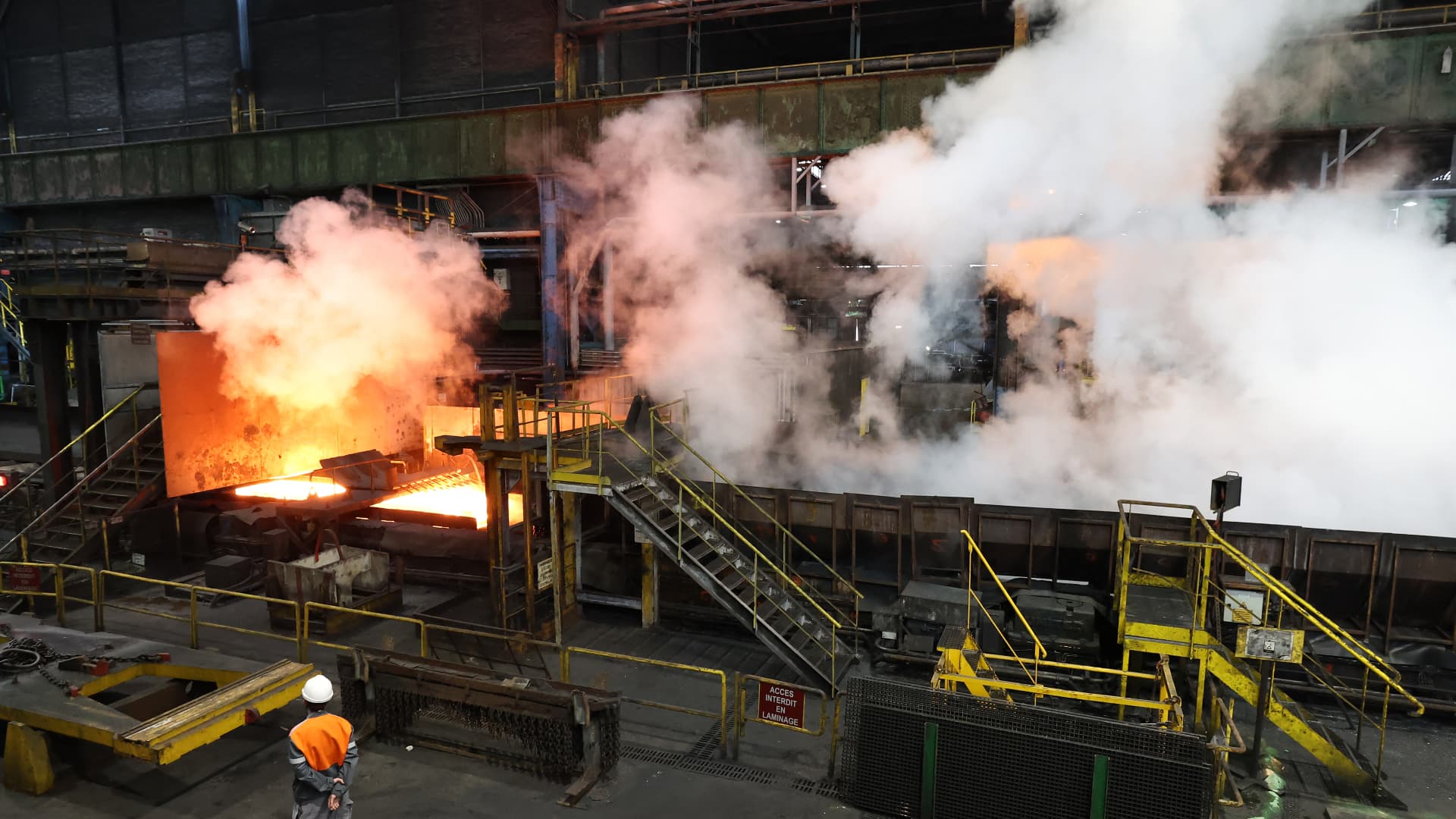European automakers and pharmaceutical companies are emerging as the immediate winners in the aftermath of the U.S.-EU trade deal agreed on Sunday. The new accord removes the overhang of more punitive tariffs, providing a relief rally to stocks in the sector. Under the agreement, details of which have not yet been revealed, exports from the European Union to the U.S. will incur a 15% tariff, ending months of uncertainty. The clarity has been welcomed by investors, with analysts calling it a “positive catalyst.” European stocks are rising around 1% on the news. However, the deal leaves the steel and aluminum industry in a state of uncertainty. Winners The European auto industry is the deal’s most prominent beneficiary. The 15% tariff on cars is a significant reduction from the 25% tariff some vehicles faced and far less damaging than other rates that had been feared. Analysts at JPMorgan noted that the market had already anticipated the positive step, which was reflected in the rising share prices of automakers and suppliers over the week. Volkswagen shares have risen 12% in the past week. Deutsche Bank analysts said the tariff news “masked … very solid underlying [second quarter] results,” and highlighted the company’s strong European business in contrast to rivals. “We see potential for a blue sky scenario in which there is upside potential from tariffs and a mass market business setting itself apart from competitors in Europe,” said Deutsche Bank’s Tim Rokossa in a note to clients on Monday. “VW remains our top pick in the space.” Other European carmakers are also poised to benefit. The 15% rate is seen as “manageable” by JPMorgan analysts, with companies expected to mitigate the impact through a combination of increased production in the U.S. and modest price hikes. The Wall Street bank highlighted that BMW and Porsche had raised prices between 2% and 4% to mitigate the cost of tariffs. JPMorgan also noted that Volvo Cars CEO had said that “its customers would have to pay a large part of tariff-related cost increases” in a note to clients on Monday. A dose of certainty The pharmaceutical and biotechnology sector is another winner, primarily because the deal removes significant uncertainty. For Sartorius, a laboratory equipment and consumables supplier, the deal “removed the last lingering concern over the impact of tariffs,” according to JPMorgan. The company’s exports to the U.S. already faced a 10% tariff. “We believe that a 5 percentage point increase in the tariff rate, will likely be managed through an increase in the tariff surcharges, resulting in a further 1% annualised boost to revenues and leaving the impact of tariffs as neutral on [adjusted profit for the company],” JPMorgan’s Richard Vosser said in a note to clients on Monday. Losers The outlook for the steel and aluminum sector is far less clear. Though the EU said “tariffs will be cut” in the future, exports from the continent to the U.S. currently face 50% tariffs. That ambiguity leaves major producers like ArcelorMittal with a mixed outlook. JPMorgan analysts described the company’s investment case as “stranded” between currently weak steel prices and the hope for a trade deal that would boost its pricing power. Hydro, one of the world’s largest aluminum producers, told CNBC that tariffs at 50% — in place since June — “will not change the current market dynamics”. “We are supporting free and fair trade. One of our concerns has been the risk of an escalating trade war that would put weight on the global economy, leading to lower aluminum demand,” a Hydro spokesperson said. “With more certainty on the trade agreements, this will likely reduce this risk.” Despite the initial euphoria on European stock markets, strategists at UBS suggest the deal is likely to be damaging in the long run. “Importantly, while the deal reduces uncertainty and the risk of an escalation, it cements a marked deterioration in European firms’ export conditions to the US,” said UBS economist Reinhard Cluse in a note to clients on July 28.
The European stocks likely to be winners, losers


